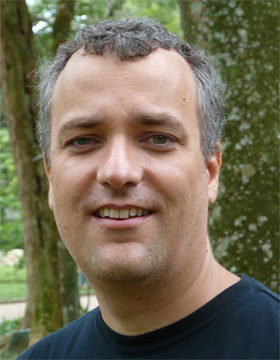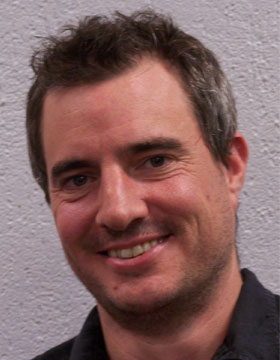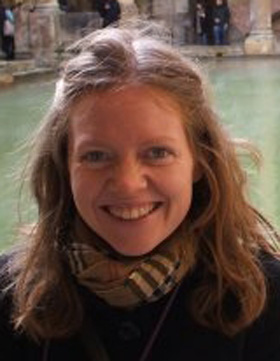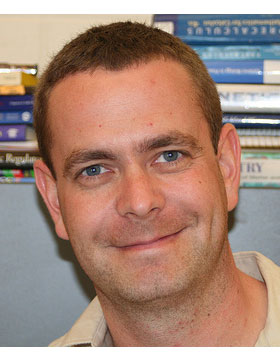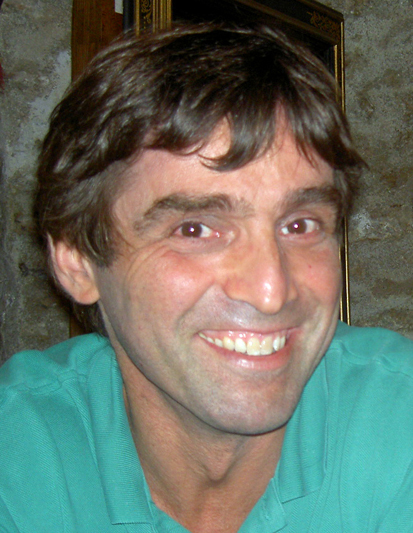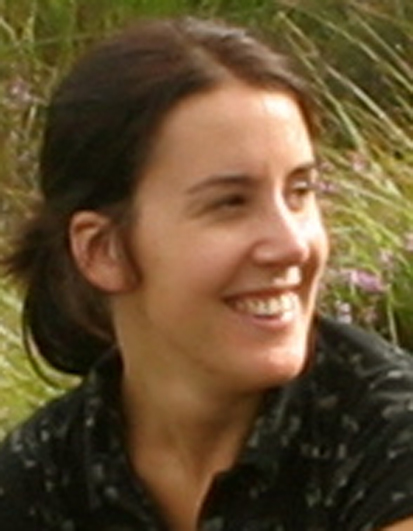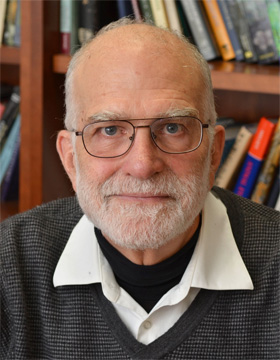Focus Group 2011/2012
Adaptive Plastizität
Wie Tiere und Pflanzen aussehen, oder was sie tun, weist oft eine hohe Plastizität auf; die Gene eines Organismus können je nach Umweltbedingungen ganz unterschiedliche Formen hervorbringen. Ein einfaches Beispiel dafür: „Gene für eine große Körpergröße“ bringen nur dann große Körpergrößen hervor, wenn das heranwachsende Individuum auch ausreichend Nährstoffe bekommt. Organismische Plastizität wird verstanden als Möglichkeit, wie Lebewesen evolutionär erfolgreich sein können, indem sie an unterschiedliche Umwelten anpassungsfähig sind. Intuitiv scheint dies eine erfolgreiche Strategie, doch gibt es für diese Plastizität auch Kosten, sowohl in dem Unterhalt der „Maschine“, die jeweils „Entscheidungen“ trifft, als auch in der Wahrscheinlichkeit von Irrtümern und Fehlern bei solchen „Entscheidungen“. Die verschiedenen biologischen Disziplinen (Entwicklungsbiologie, evolutionäre Ökologie, Immunologie, Verhaltensbiologie) interpretieren Plastizität unterschiedlich. Ein Hauptziel des Vorhabens besteht in der Synthetisierung dieser verschiedenen Ansätze. Ein weiteres zentrales Ziel besteht in der Entwicklung von Ansätzen, welche zu bestimmen erlauben, ob und wie Plastizität in unterschiedlichen Formen adaptiv und vorteilhaft wirken kann.
Einige Gebiete der Biologie haben bereits ein Verständnis des „Mechanismus“ entwickelt, aufgrund dessen ein Merkmal eines Organismus plastisch sein kann. In diesem Fall wirkt die natürliche Selektion auf die Plastizität ganz unmittelbar ein. In anderen Situationen mag Plastizität eine emergente Eigenschaft eines komplexeren Gen-Netzwerks sein. Möglicherweise ist es notwendig zu verstehen, „wo“ die Plastizität in den Genen und Gen-Netzwerken codiert ist, um zu begreifen, wie die natürliche Auswahl auf die Plastizität einwirkt – oder eben auch nicht. Diese Einsicht könnte zur Klärung beitragen, wie überhaupt Fragen zu Adaptivität, Evolution und Entwicklungsfähigkeit zu stellen sind.
A priori kann man unterstellen, dass Plastizität aufwändig ist, weil sie mehrere Gene oder Gen-Produkte erfordert. Diese Kostspieligkeit kontrastiert jedoch mit der weiten Verbreitung von Plastizität. Rein konzeptuell ist der Begriff „Kosten“ scheinbar ganz einfach, doch wie diese Kosten zu messen oder die „Währung“ dieser Kosten zu verstehen sind, ist noch unklar. Möglicherweise werden sich unsere Annahmen hinsichtlich der Kosten als falsch erweisen. Die jüngsten Forschritte in der Sequenzierung der Genome zahlreicher Organismen haben gezeigt, dass die Gen-Gen-Interaktionen wahrscheinlich einen Schlüssel zum Verständnis von organismischen Eigenschaften liefern und dass deshalb den plastischen Antworten eine noch größere Bedeutung zukommt, ebenso aber auch der Notwendigkeit, die unterschiedlichen Eigenschaften unterschiedlicher Umweltsituationen zu erforschen.
(Mark E. Viney)
Conveners
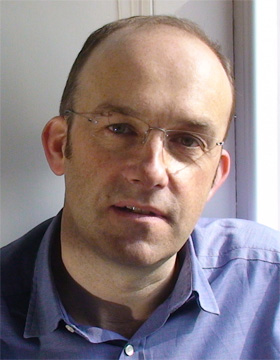
Members
